
India is also dreamt of by overseas manufacturers since Indian markets themselves are enormous, and overseas manufacturers want access to it. Supply of the Indian quality of a certain product quality in Indian markets was imposed by the Bureau of Indian Standards (BIS) for such a rigorous quality element of quality and safety. It is carried out through an actual scheme, i.e., the Foreign Manufacturers Certification Scheme (FMCS) of overseas manufacturers.
If you are exporting as foreign BIS manufacturer but not from India, then you will require FMCS BIS certified. Here in this current article, we are going to depict step by step what do you have to do for BIS registration as foreign manufacturer if it is all about document, timeline, and suggestions required. This will also provide an indication of what is possible on BIS FMCS importance, benefit, and how it will make your Indian market reach.
What is BIS FMCS Certification?
Foreign Manufacturers Certification Scheme (FMCS) is notified by BIS under Scheme I of BIS (Conformity Assessment) Regulations, 2018. The foreign manufacturers can be certified under the scheme such that the product will be allowed for export with Standard Mark (ISI mark), and hence it would be a part of Indian Standards.
- Electrical appliances
- Auto spares
- Cement
- Steel products
- Toys
- Parts of industrial machinery
The purpose behind this certification is to guard Indian consumers against imports to India of goods of substandard quality and render merchandise Indian quality and safety accepted.
Applicability of BIS for Foreign Manufacturer
Foreign manufacturer BIS will be utilized when:
- You are a manufacturer located outside India.
- You intend to export products to the Indian market.
- Your product falls under the mandatory certification list governed by FMCS certification
The BIS Foreign Manufacturer Certification Scheme (FMCS) ensures that imported products meet the same quality and safety standards as goods manufactured in India, promoting consumer safety and regulatory compliance in the Indian market.
Step-by-Step BIS FMCS Registration Process
1. Identification of Indian Standard (IS) applicable
Start by checking if your product falls under mandatory BIS certification. This will guide you to the applicable Indian Standard (IS) code.
2. Preparation of Form
Foreign manufacturer is required to prepare and submit Form VI with:
- Company details
- Product details
- Manufacturing facility information
- Test reports (from BIS accredited laboratory)
This is the initiation step for FMCS BIS registration.
3. Authorization of Authorized Indian Representative (AIR)
Foreign manufacturers must appoint an Authorized Indian Representative (AIR) who acts as the local contact and coordinates with BIS.
The AIR must be:
- An Indian citizen or a company with a registered office in India is eligible to act as an Authorized Indian Representative (AIR) for BIS FMCS certification.
- Appointed by the foreign manufacturer to officially represent and act on its behalf for BIS FMCS certification in India.
4. First Stage of Application Submission and Fees
Application is submitted to BIS for charges. Charges are:
- Application process fee
- Yearly license fee
- Fees for test sample (where applicable)
5. Initial Stage Document Verification
BIS checks documents submitted along with the endeavor to check whether and to what extent they are compliant. Where documents are compliant, BIS proceeds to the second step.
6. BIS Officer Factory Inspection
BIS carries out an audit team to physically visit the foreign factory. During a visit, they check:
- Manufacturing process
- Quality control system
- Compliance of the product with Indian Standards
The audit is governed by the BIS Foreign Manufacturers Certification Scheme.
7. Testing and sampling
Forward the product samples to India BIS-approved laboratories. License will be granted if testing proves successful.
8. License issuance
The FMCS license authorizes foreign manufacturers to use the ISI Mark on their products, demonstrating compliance with Indian quality standards and enabling smooth market entry under the BIS Foreign Manufacturer Certification Scheme.
9. Post-Certificate requirements
The below should be complied with by manufacturers once licensed:
- Product quality assurance
- Issuance of laboratory test report on a routine basis
- BIS FMCS license default results in cancellation or suspension depending on BIS factory inspection.
Key Features of FMCS Certification
|
Feature |
Details |
|
Applicable To |
Overseas manufacturers |
|
Governing Scheme |
Foreign Manufacturers Certification Scheme (FMCS) |
|
Mark Used |
ISI Mark |
|
Validity |
Initially 1 year, renewable upon compliance |
|
Audit Requirement |
Mandatory factory audit |
Why Foreign Manufacturer needs BIS
- Legal Compliance: Default is against the law in India to market a product that is not certified.
- Market access: Certification provides access to Indian government and private sector tenders.
- Consumer Confidence: ISI Mark helps to create consumer confidence in the quality and safety of products.
- Brand Reputation: BIS marked products have enhanced reputation and acceptability.
Foreign manufacturer certification of foreign firms under BIS scheme conforms to make hassle-free entry into India's expanding market.
Benefits of BIS registration
- Hassle-free entry into Indian market
- Importer & Indian buyers' confidence boosted
- Indian commitment fulfilled with compliance
- Money or penalty at customs saved
- Improved marketing advantage over non-certified products
Conclusion
Foreign firm's approach of BIS certification is range congruity on broad range carried out by foreign companies in Indian commodity trade. Along with it provides gateway of foreign manufacturer to Indian market, FMCS certification also forces them to establish brand name and reputation. Coordination with BIS at moment and documentation support should be scheduled so that time lag may not be generated and certification easily could be obtained.
FREQUENTLY ASKED QUESTIONS
No, mandatorily only those items which are listed under BIS Compulsory Certification List should be cleared through the FMCS.
Yes, application form and documents shall be uploaded online on official BIS portal but test of sample and factory audit is offline
BIS license for initial 1 year and further extendable.
If the sample fails, no license would be issued by BIS. You may apply once the quality fault is eliminated.
No, all foreign applicants would be mandatorily required to appoint an Authorized Indian Representative (AIR) under the FMCS.
Recent Posts
-
 SEBI’s New Co-Investment Framework for AIFs: An ...
Jan 14,2026
SEBI’s New Co-Investment Framework for AIFs: An ...
Jan 14,2026
-
 Incorporation of Company in Saudi Arabia...
Jan 05,2026
Incorporation of Company in Saudi Arabia...
Jan 05,2026
-
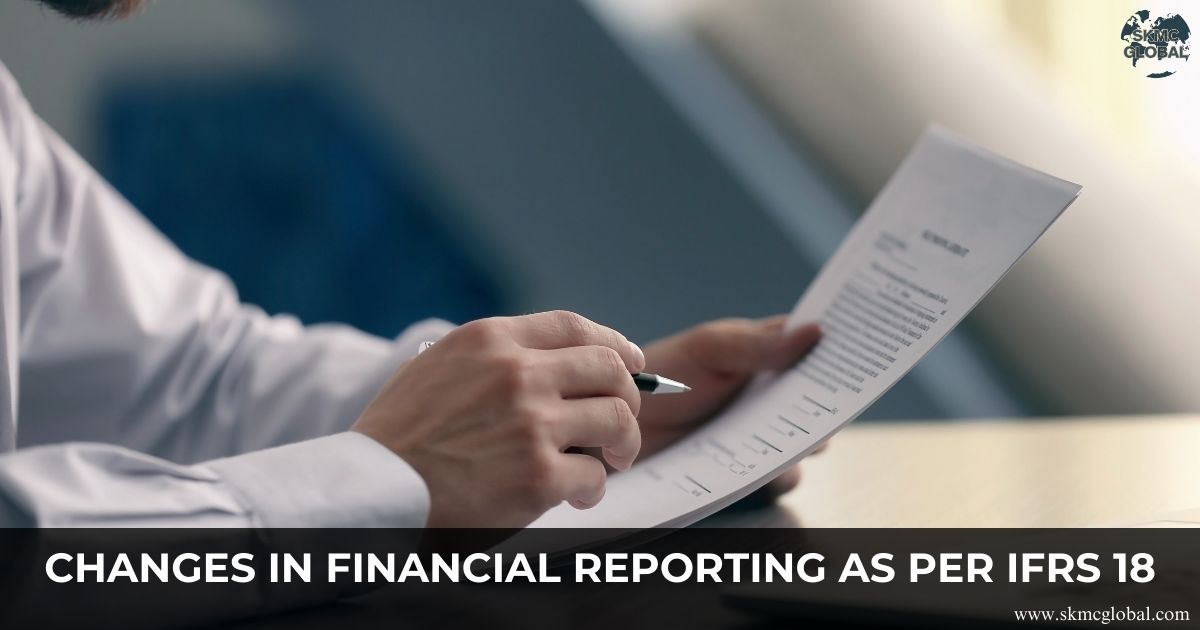 Changes in Financial Reporting as per IFRS 18...
Dec 31,2025
Changes in Financial Reporting as per IFRS 18...
Dec 31,2025
-
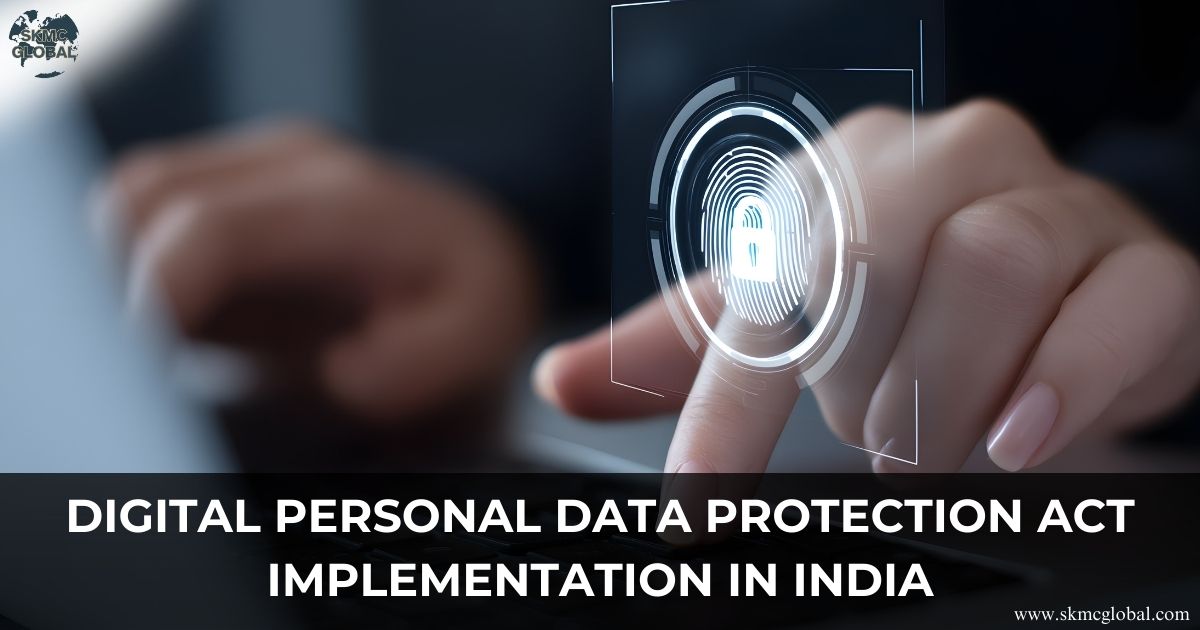 Digital Personal Data Protection Act Implementatio...
Dec 30,2025
Digital Personal Data Protection Act Implementatio...
Dec 30,2025
-
 How to setup a Semiconductor Unit in Gujarat...
Dec 26,2025
How to setup a Semiconductor Unit in Gujarat...
Dec 26,2025
-
 Process of Setting Up a Gratuity Fund Trust in Ind...
Dec 18,2025
Process of Setting Up a Gratuity Fund Trust in Ind...
Dec 18,2025
-
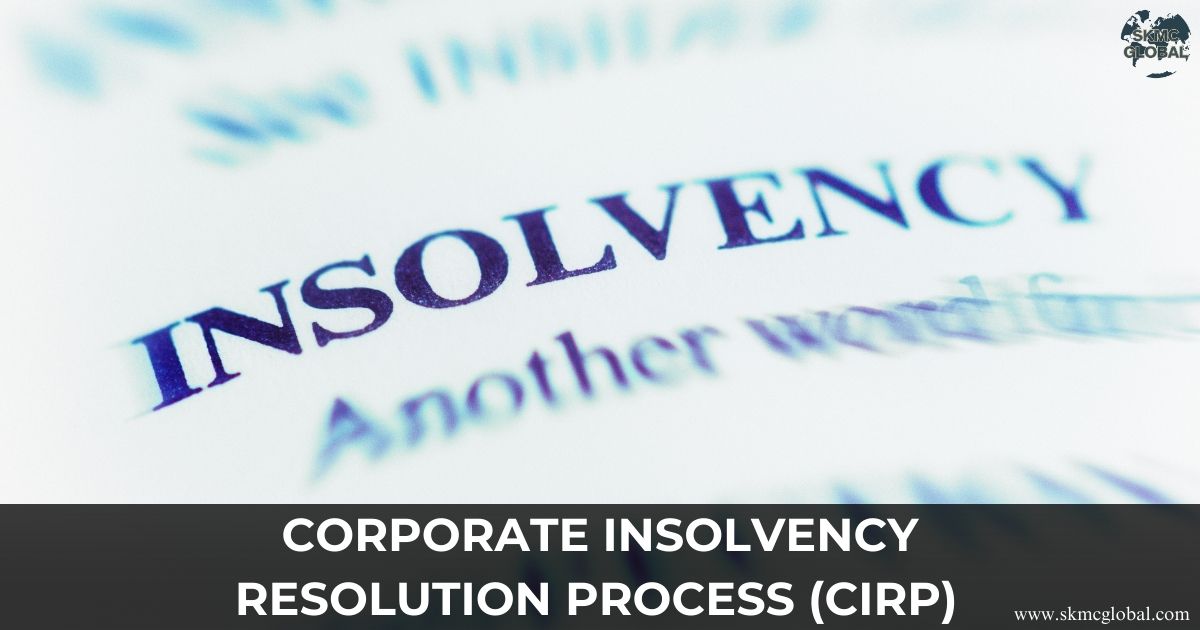 Corporate Insolvency Resolution Process (CIRP) und...
Dec 17,2025
Corporate Insolvency Resolution Process (CIRP) und...
Dec 17,2025
-
 Closure of a company in India...
Dec 12,2025
Closure of a company in India...
Dec 12,2025
-
 Importance of Black Money Act 2015...
Dec 11,2025
Importance of Black Money Act 2015...
Dec 11,2025
-
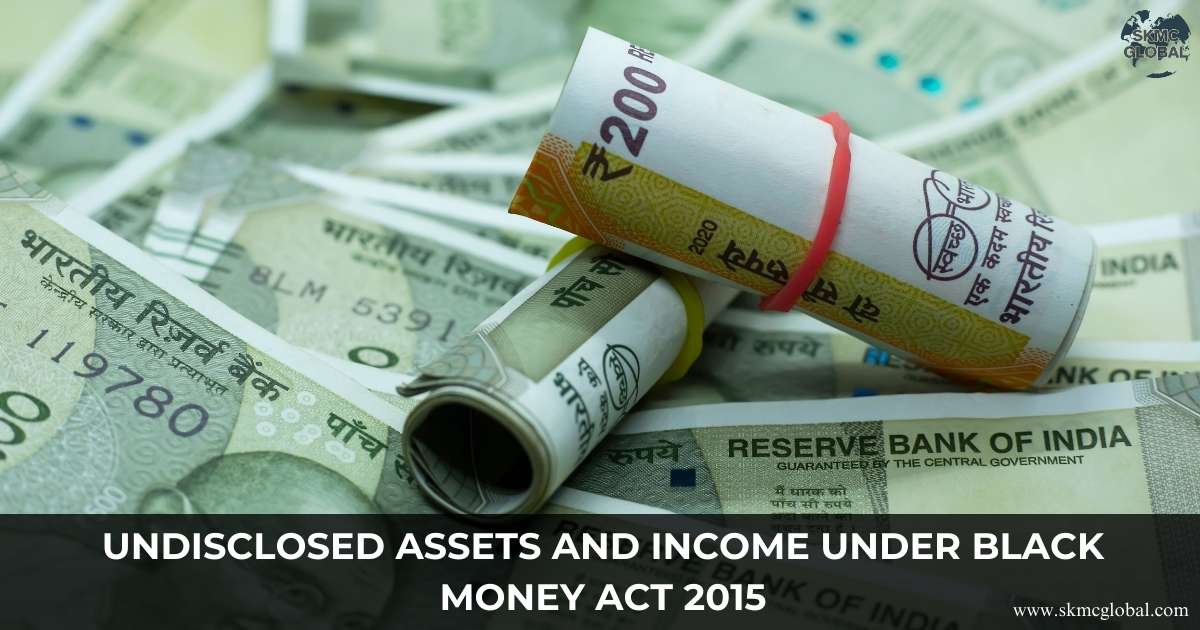 What are undisclosed assets and income under Black...
Dec 08,2025
What are undisclosed assets and income under Black...
Dec 08,2025
-
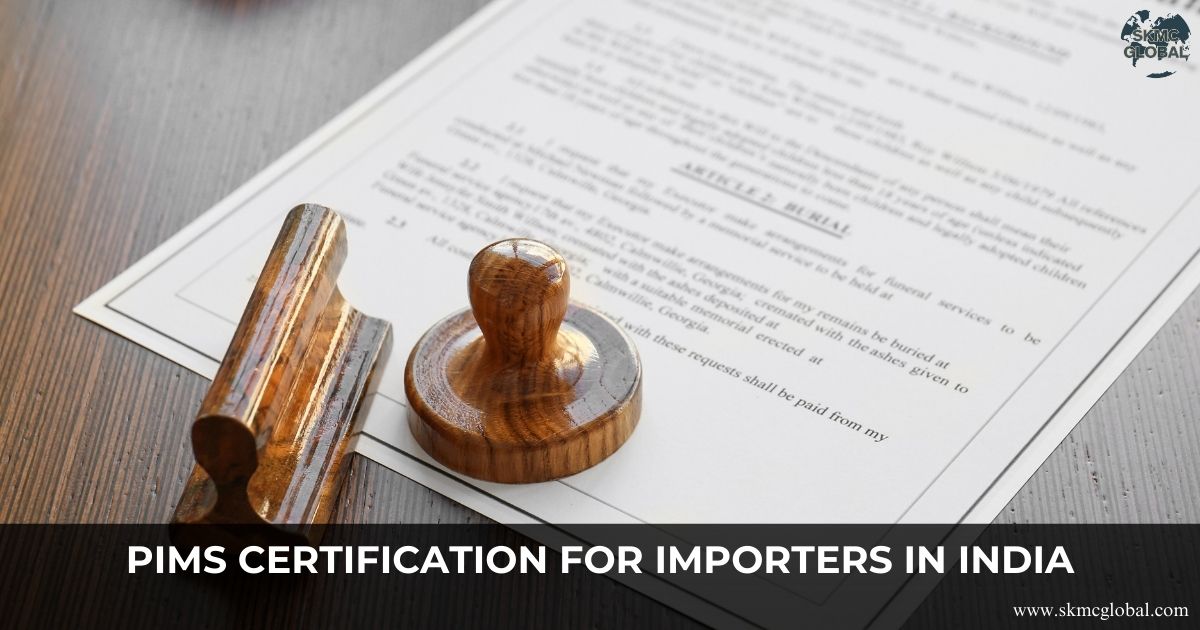 Importance of PIMS certification for Importers in ...
Dec 06,2025
Importance of PIMS certification for Importers in ...
Dec 06,2025
-
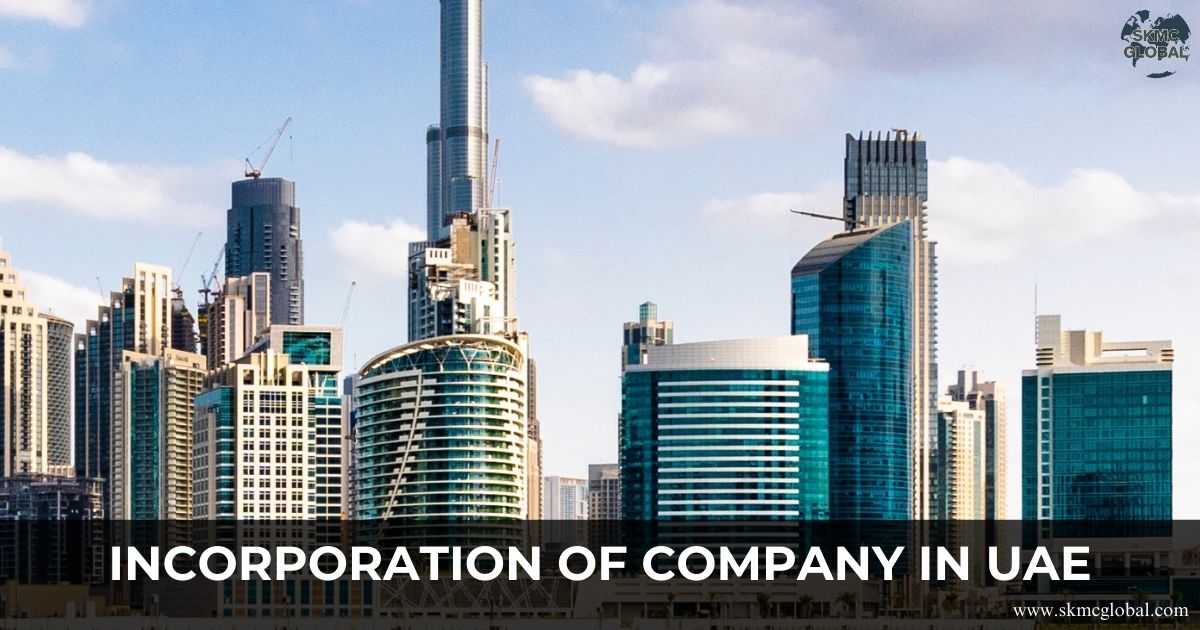 Incorporation of Company in UAE...
Dec 03,2025
Incorporation of Company in UAE...
Dec 03,2025
-
 Legal Entity Identifier LEI - Purpose and Applicab...
Dec 01,2025
Legal Entity Identifier LEI - Purpose and Applicab...
Dec 01,2025
-
 Implementation of New Labour Codes 2025...
Nov 29,2025
Implementation of New Labour Codes 2025...
Nov 29,2025
-
 A Step-by-Step Guide to a Smooth Payroll Outsourci...
Nov 28,2025
A Step-by-Step Guide to a Smooth Payroll Outsourci...
Nov 28,2025
-
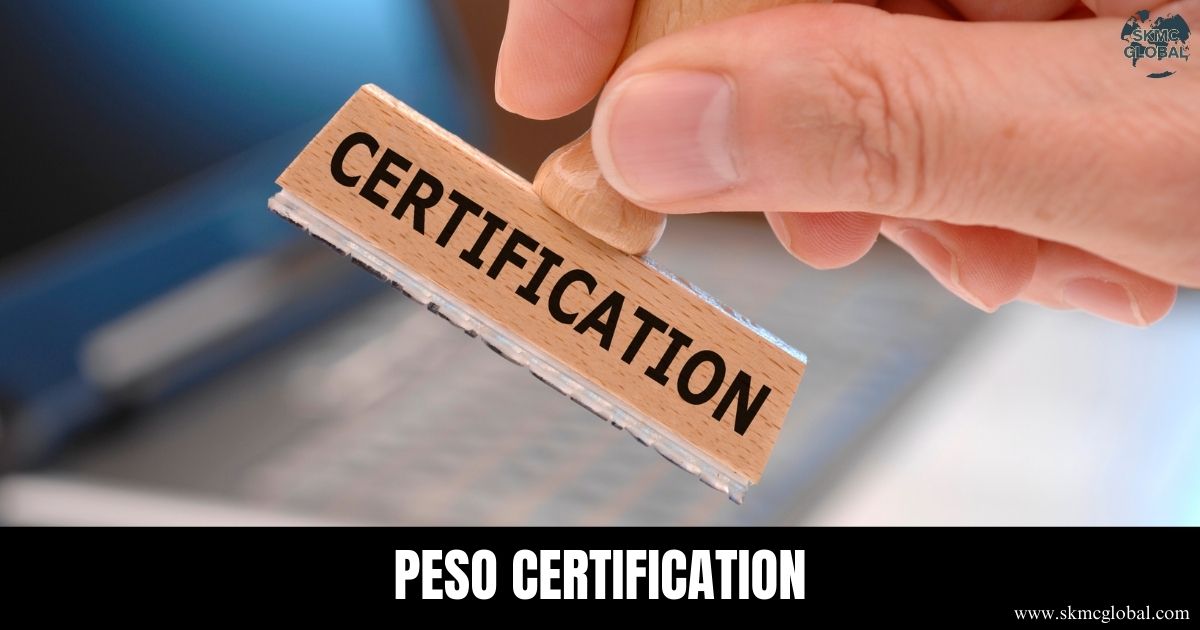 PESO Certification in India...
Nov 26,2025
PESO Certification in India...
Nov 26,2025
-
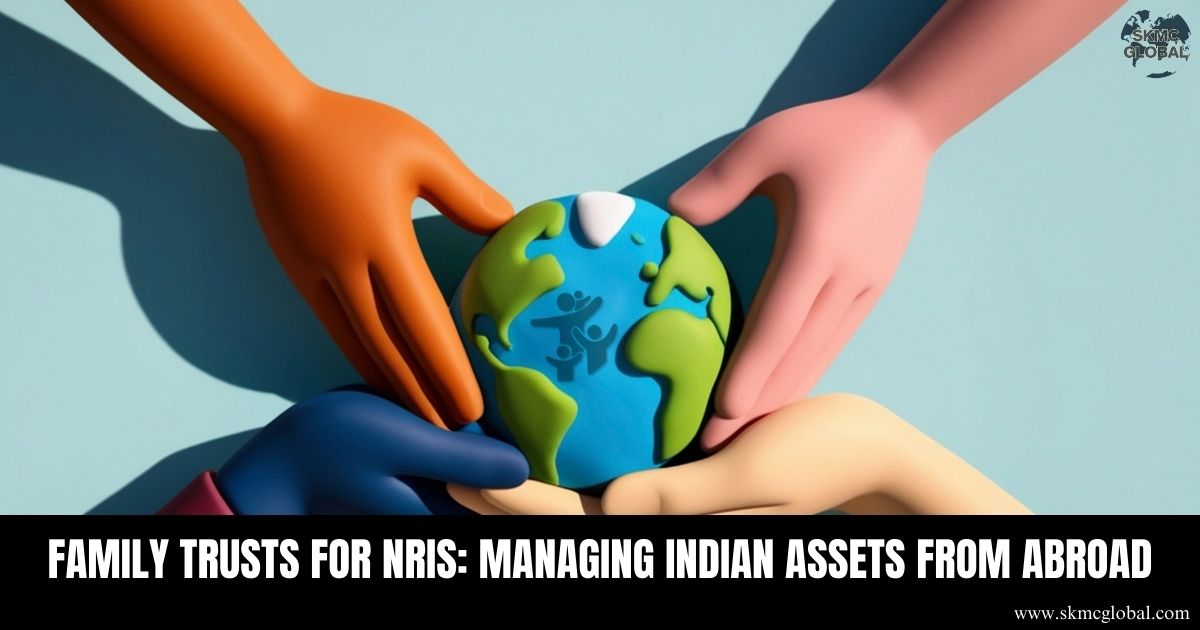 Family Trusts for NRIs- Managing Indian Assets fro...
Nov 24,2025
Family Trusts for NRIs- Managing Indian Assets fro...
Nov 24,2025
-
 Decoding Disclosures: Section 184 of Companies Act...
Nov 21,2025
Decoding Disclosures: Section 184 of Companies Act...
Nov 21,2025
-
 All you want to know about Recycling business in I...
Nov 20,2025
All you want to know about Recycling business in I...
Nov 20,2025
-
 What is Seed Fund Scheme and its relevance for Sta...
Nov 19,2025
What is Seed Fund Scheme and its relevance for Sta...
Nov 19,2025
-
 Incorporation of Company in Singapore...
Nov 18,2025
Incorporation of Company in Singapore...
Nov 18,2025
-
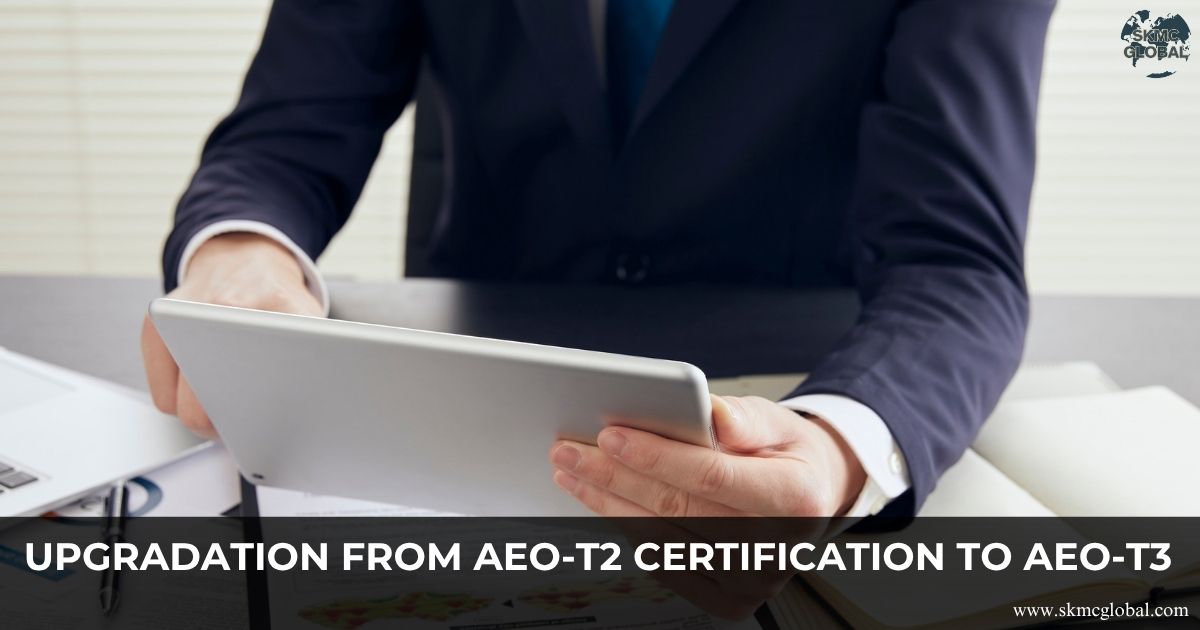 How to upgrade your AEO T2 certification to AEO T3...
Nov 15,2025
How to upgrade your AEO T2 certification to AEO T3...
Nov 15,2025
-
 What is the relevance of APEDA Registration and it...
Nov 14,2025
What is the relevance of APEDA Registration and it...
Nov 14,2025
-
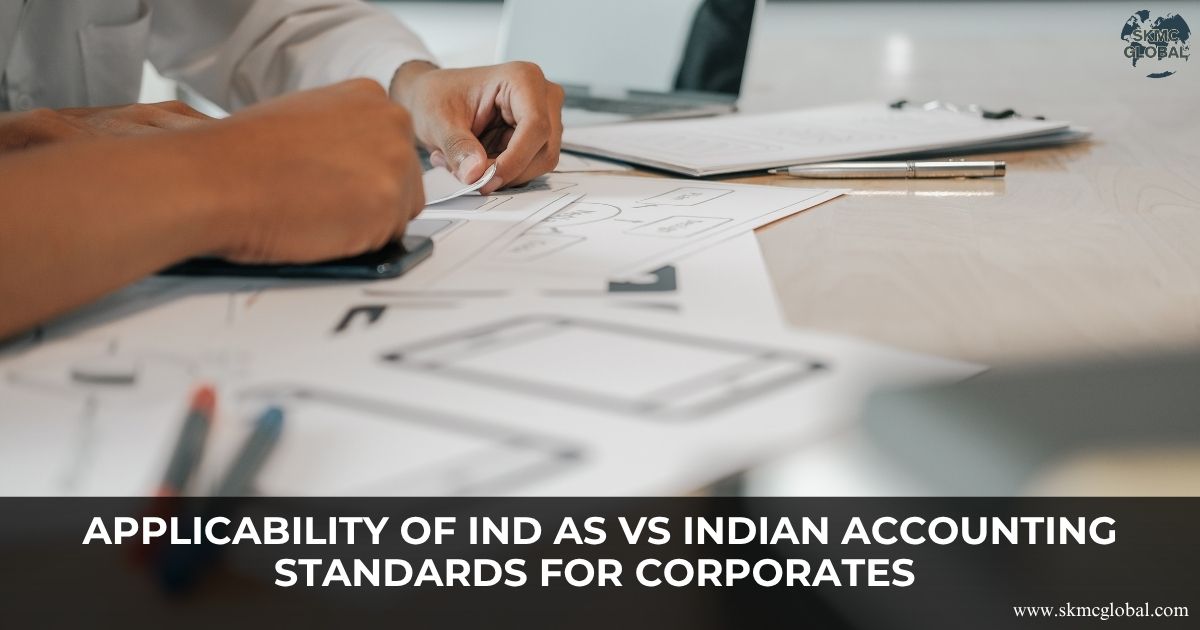 Applicability of Indian Accounting Standards for c...
Nov 11,2025
Applicability of Indian Accounting Standards for c...
Nov 11,2025
-
 Public vs. Private Trust: key Differences in Regis...
Oct 28,2025
Public vs. Private Trust: key Differences in Regis...
Oct 28,2025
-
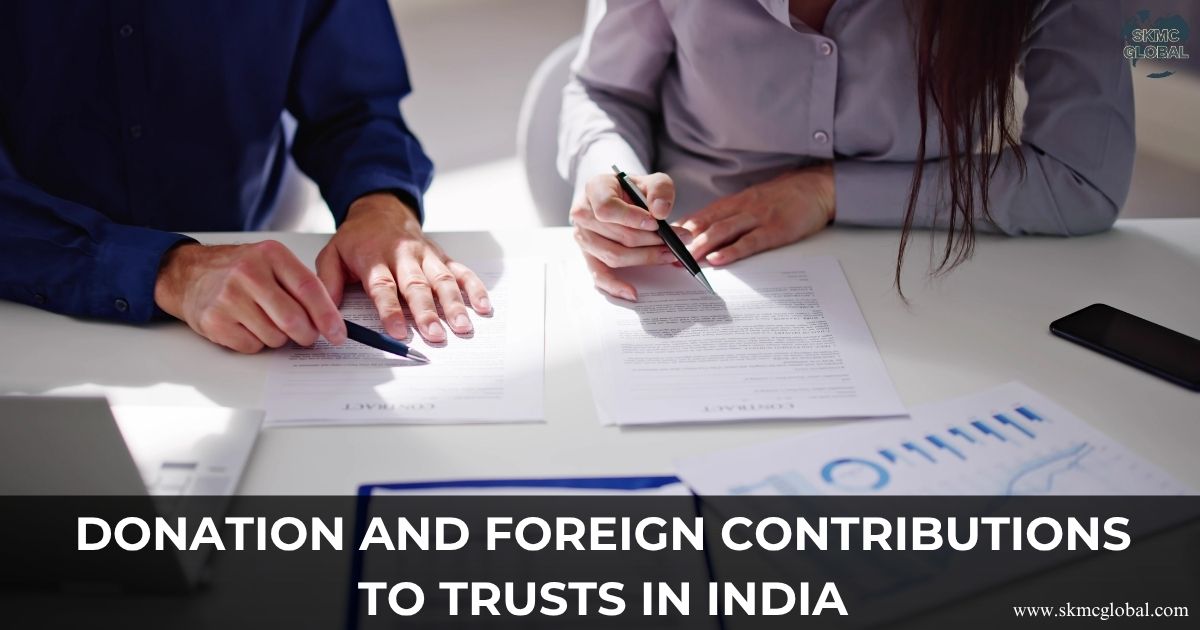 Donation and Foreign Contributions to Trusts in In...
Oct 23,2025
Donation and Foreign Contributions to Trusts in In...
Oct 23,2025
-
 Redeemable Preference Shares as a Financial Tool...
Oct 22,2025
Redeemable Preference Shares as a Financial Tool...
Oct 22,2025
-
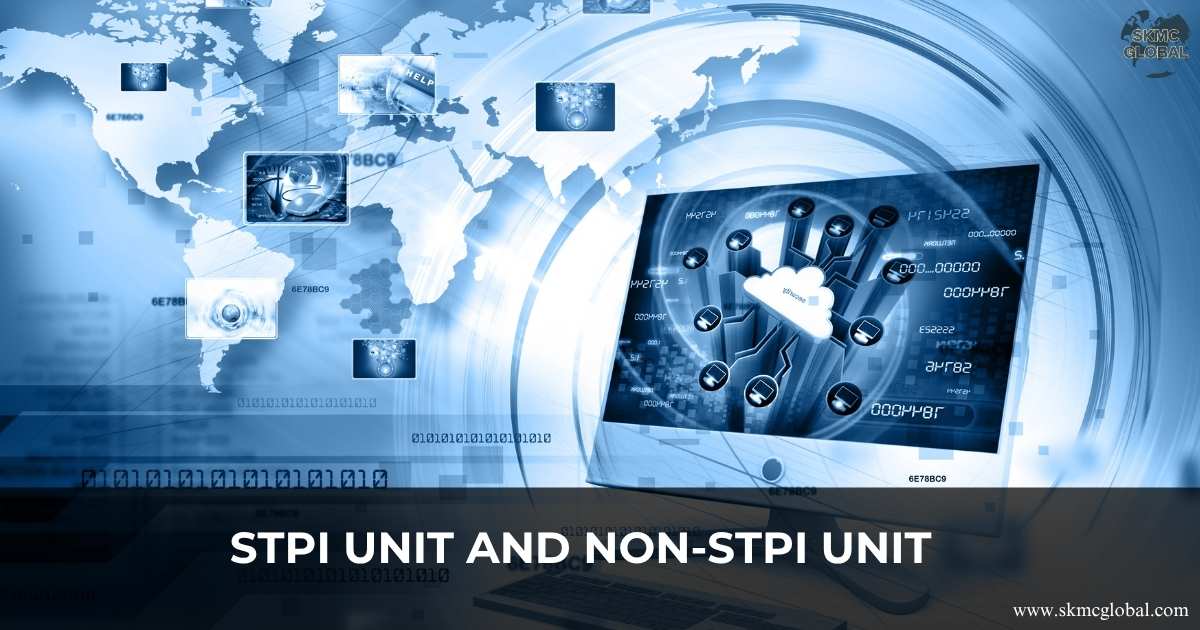 STPI Unit and Non-STPI Unit...
Oct 16,2025
STPI Unit and Non-STPI Unit...
Oct 16,2025
-
 Country-by-Country Reporting (CbCR) and Its Evolvi...
Oct 09,2025
Country-by-Country Reporting (CbCR) and Its Evolvi...
Oct 09,2025
-
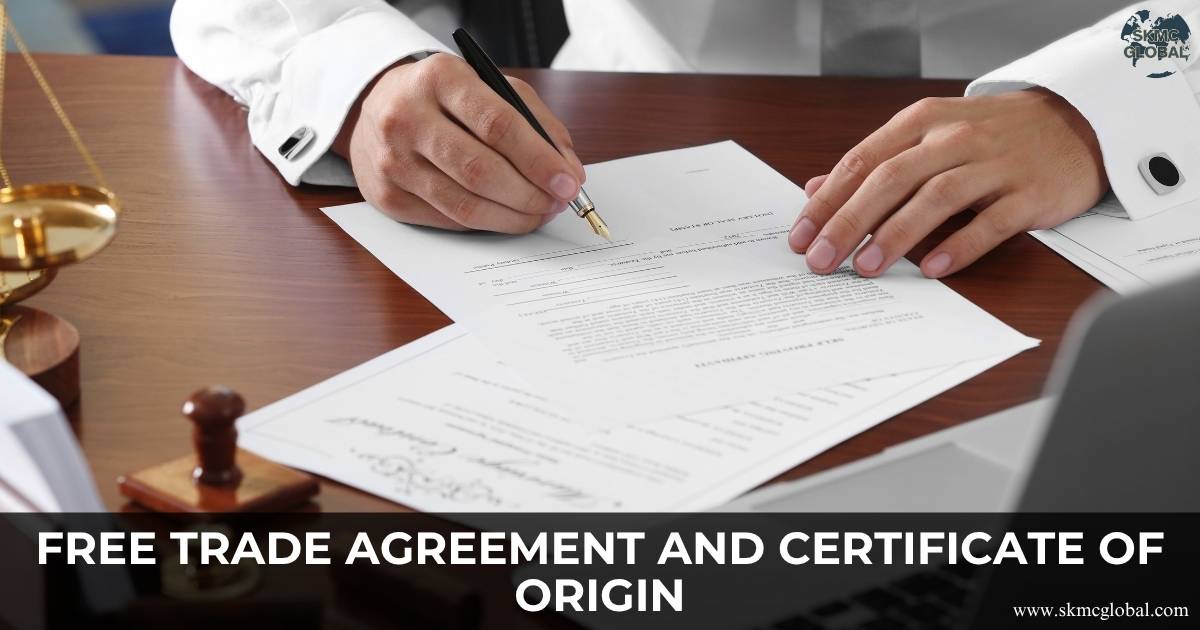 What is Free Trade Agreement and Certificate of Or...
Oct 08,2025
What is Free Trade Agreement and Certificate of Or...
Oct 08,2025
-
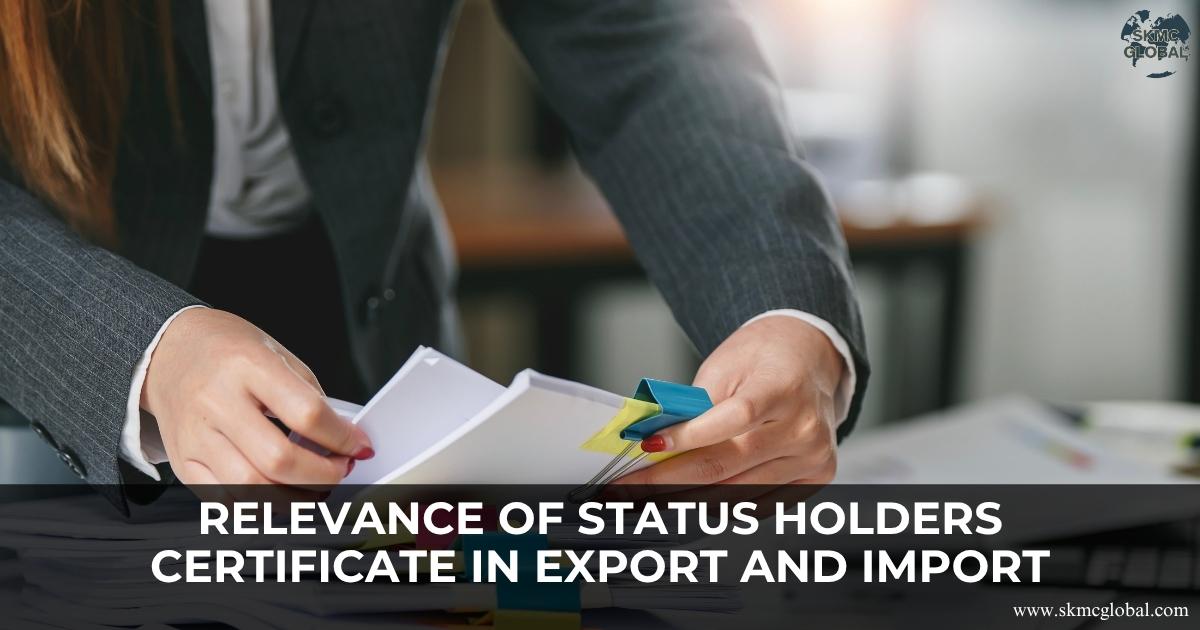 What is the relevance of status holders certificat...
Oct 06,2025
What is the relevance of status holders certificat...
Oct 06,2025
-
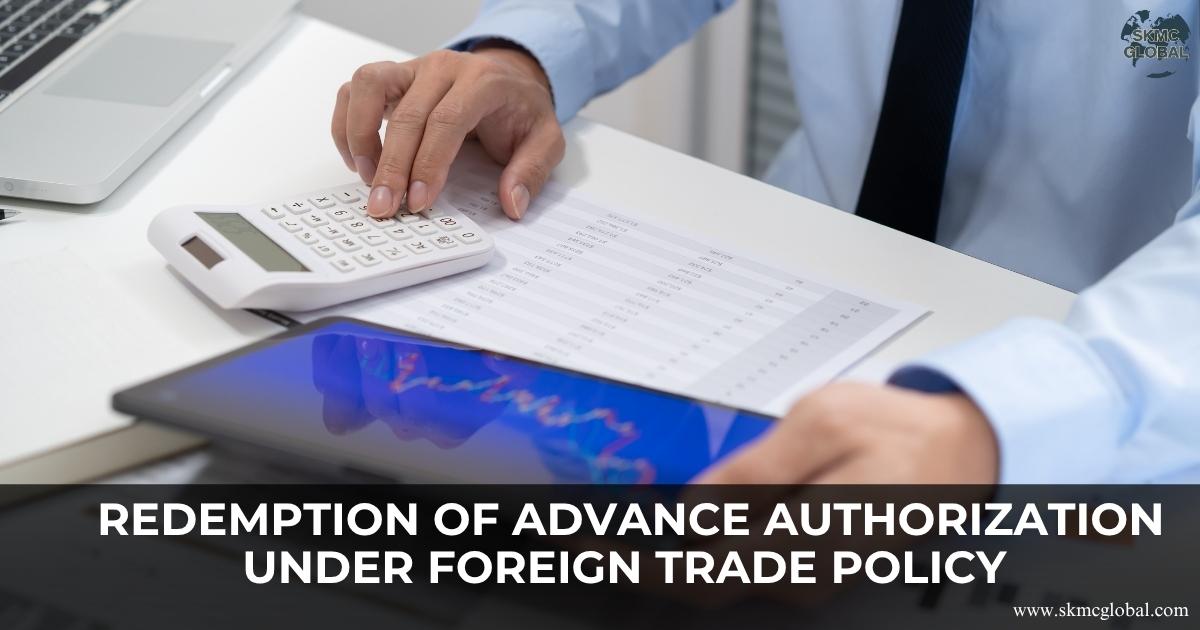 Redemption of Advance Authorization under Foreign ...
Oct 04,2025
Redemption of Advance Authorization under Foreign ...
Oct 04,2025
-
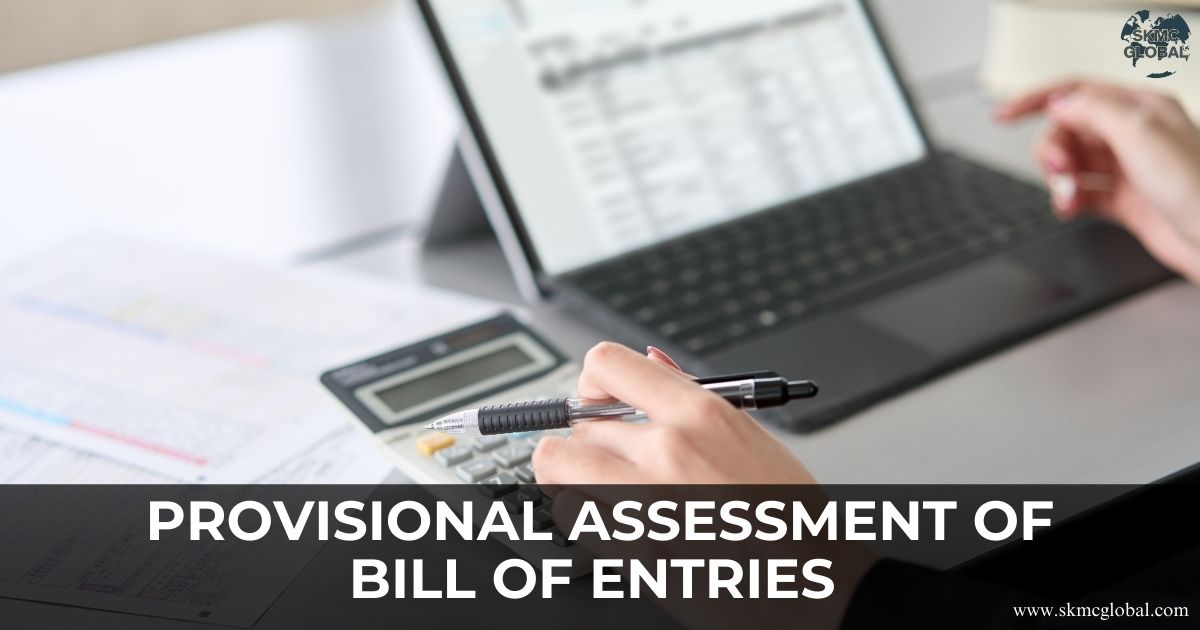 What is provisional assessment of Bill of Entries ...
Sep 29,2025
What is provisional assessment of Bill of Entries ...
Sep 29,2025
-
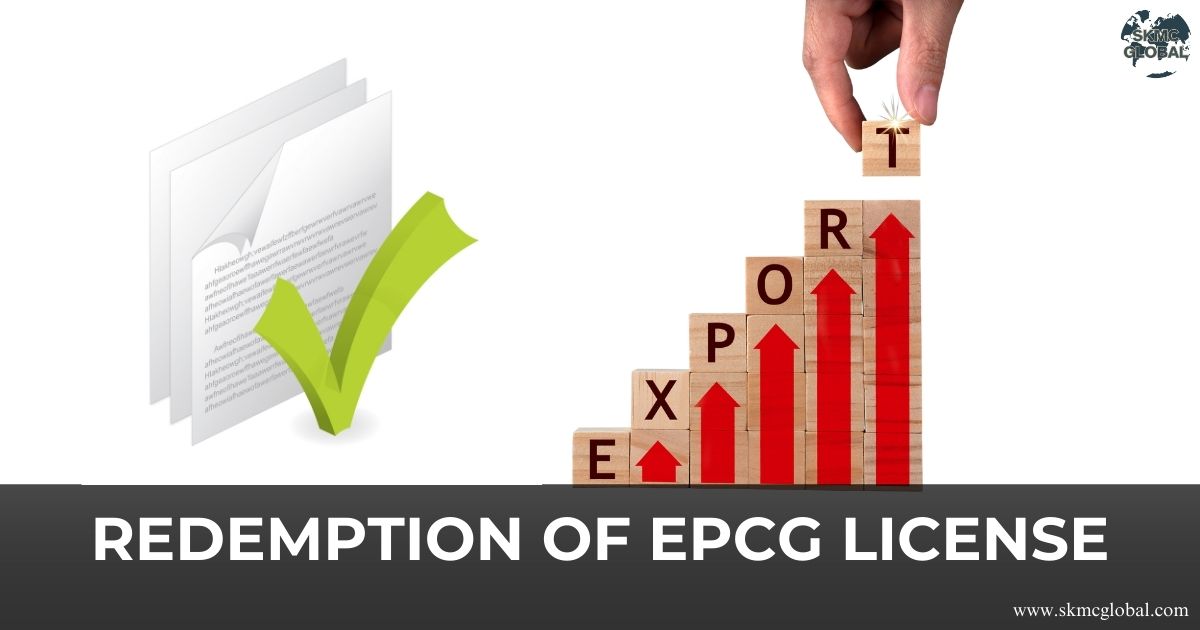 Redemption of EPCG License...
Sep 26,2025
Redemption of EPCG License...
Sep 26,2025
-
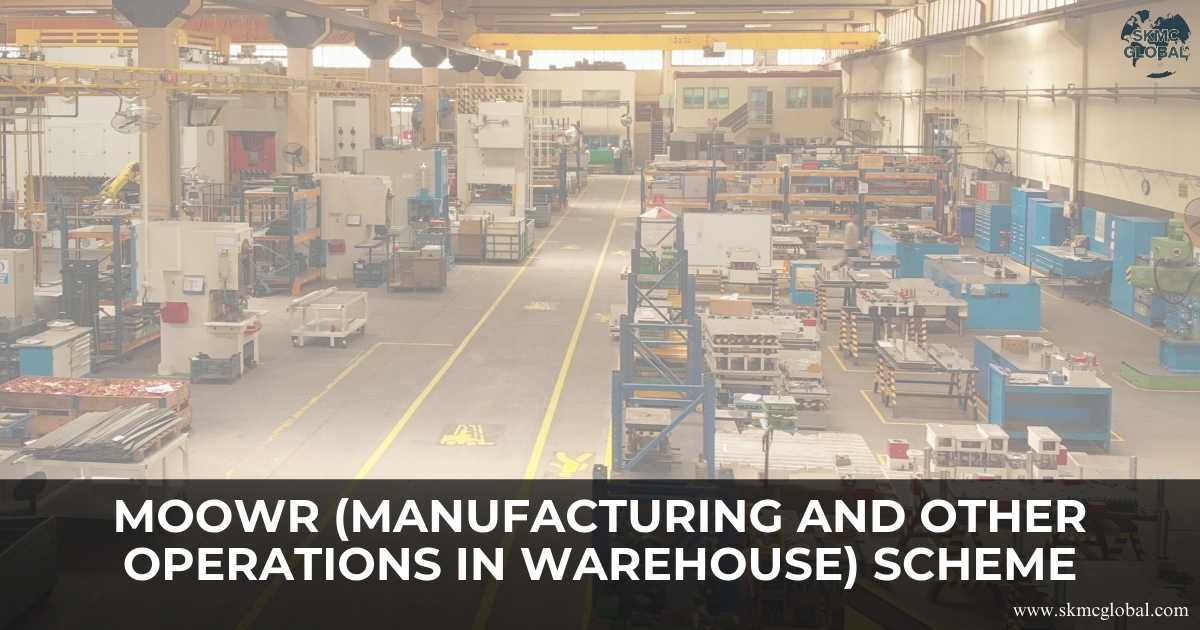 MOOWR (Manufacturing and Other Operations in Wareh...
Sep 24,2025
MOOWR (Manufacturing and Other Operations in Wareh...
Sep 24,2025
-
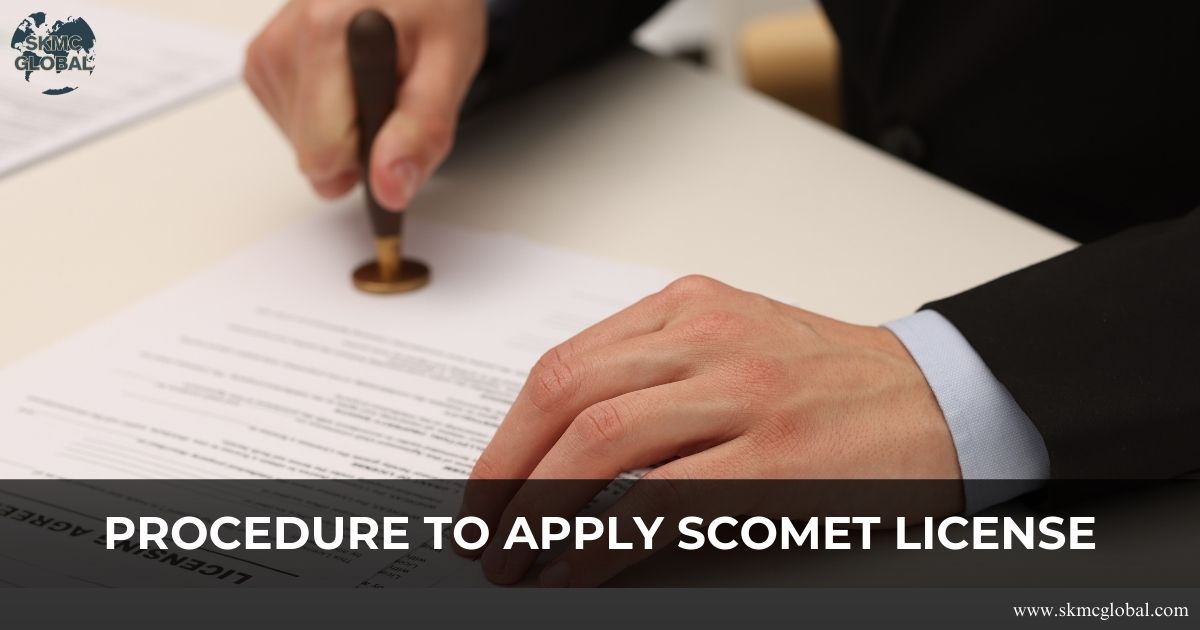 Procedure to Apply SCOMET License...
Sep 22,2025
Procedure to Apply SCOMET License...
Sep 22,2025
-
 Landscape of Semiconductor Industry while Doing Bu...
Sep 18,2025
Landscape of Semiconductor Industry while Doing Bu...
Sep 18,2025
-
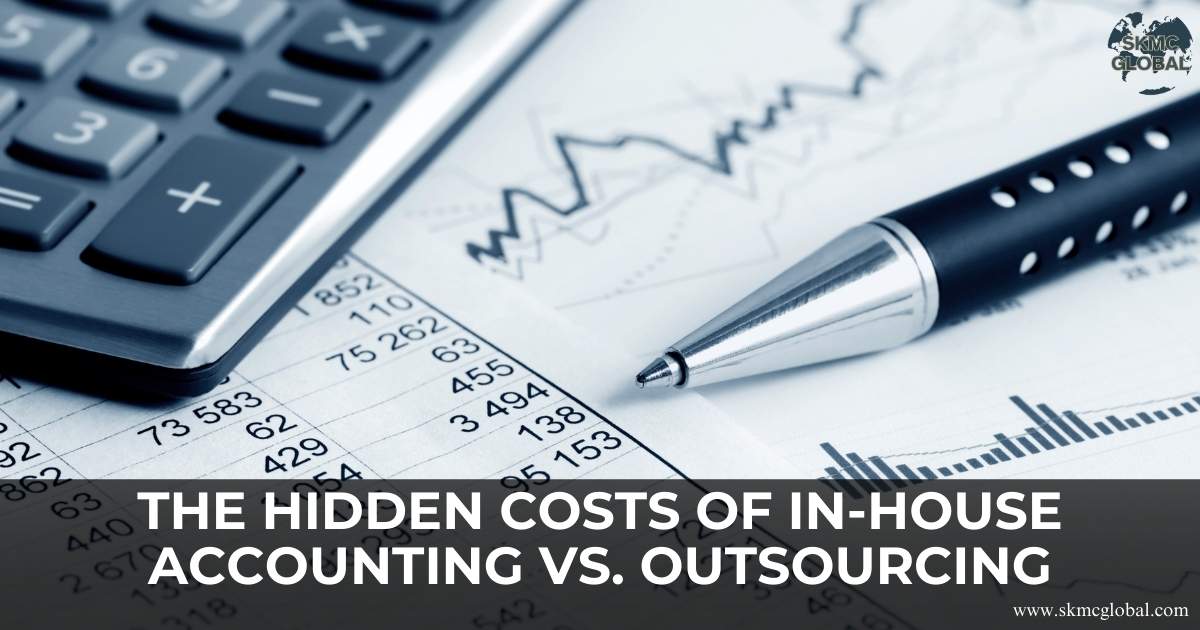 The Hidden Costs of In-House Accounting v/s Outsou...
Sep 17,2025
The Hidden Costs of In-House Accounting v/s Outsou...
Sep 17,2025
-
 TDS on sale of immovable property by an nri...
Sep 10,2025
TDS on sale of immovable property by an nri...
Sep 10,2025
-
 Setting up a Project Office in India...
Sep 08,2025
Setting up a Project Office in India...
Sep 08,2025
-
 Tax Implication for Transferring NRO Funds to NRE ...
Sep 05,2025
Tax Implication for Transferring NRO Funds to NRE ...
Sep 05,2025
-
 How outsourcing CFO services helps the corporates ...
Aug 27,2025
How outsourcing CFO services helps the corporates ...
Aug 27,2025
-
 Why a Periodical Cash Flow Statement is Necessary ...
Aug 26,2025
Why a Periodical Cash Flow Statement is Necessary ...
Aug 26,2025
-
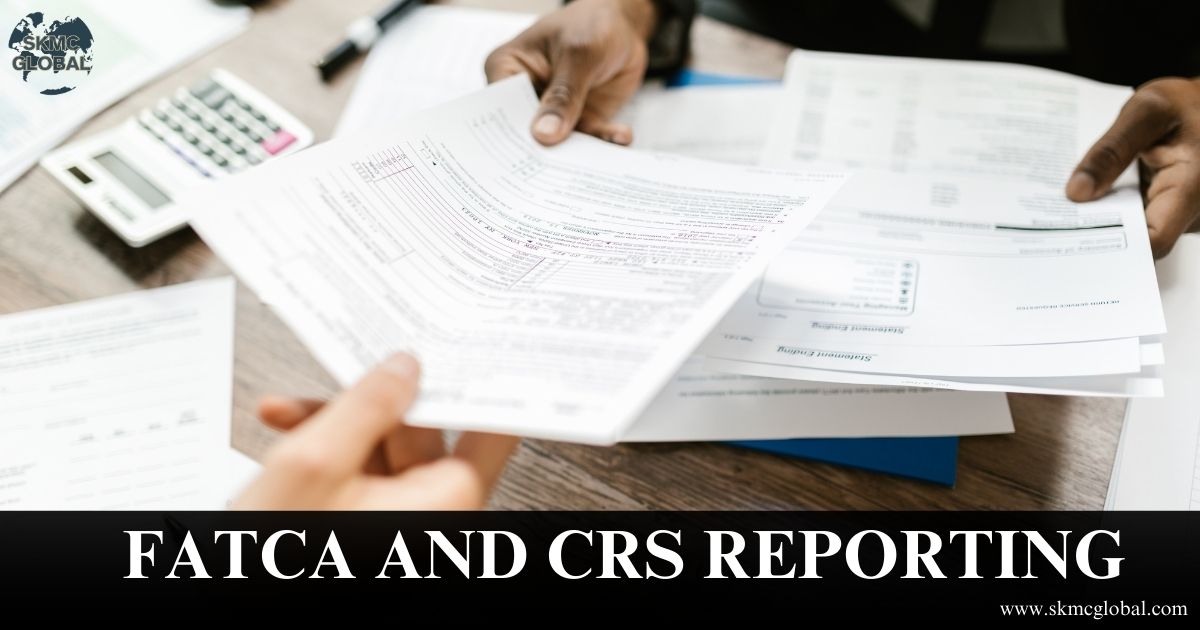 What is FATCA and CRS reporting and its difference...
Aug 22,2025
What is FATCA and CRS reporting and its difference...
Aug 22,2025
-
 What are unclaimed TDS Credits and how to claim it...
Aug 21,2025
What are unclaimed TDS Credits and how to claim it...
Aug 21,2025
-
 Digital Taxation is reshaping Tax Nexus Between Ju...
Aug 20,2025
Digital Taxation is reshaping Tax Nexus Between Ju...
Aug 20,2025
-
 Procedure to Take PF Registration and Its Complian...
Aug 18,2025
Procedure to Take PF Registration and Its Complian...
Aug 18,2025
-
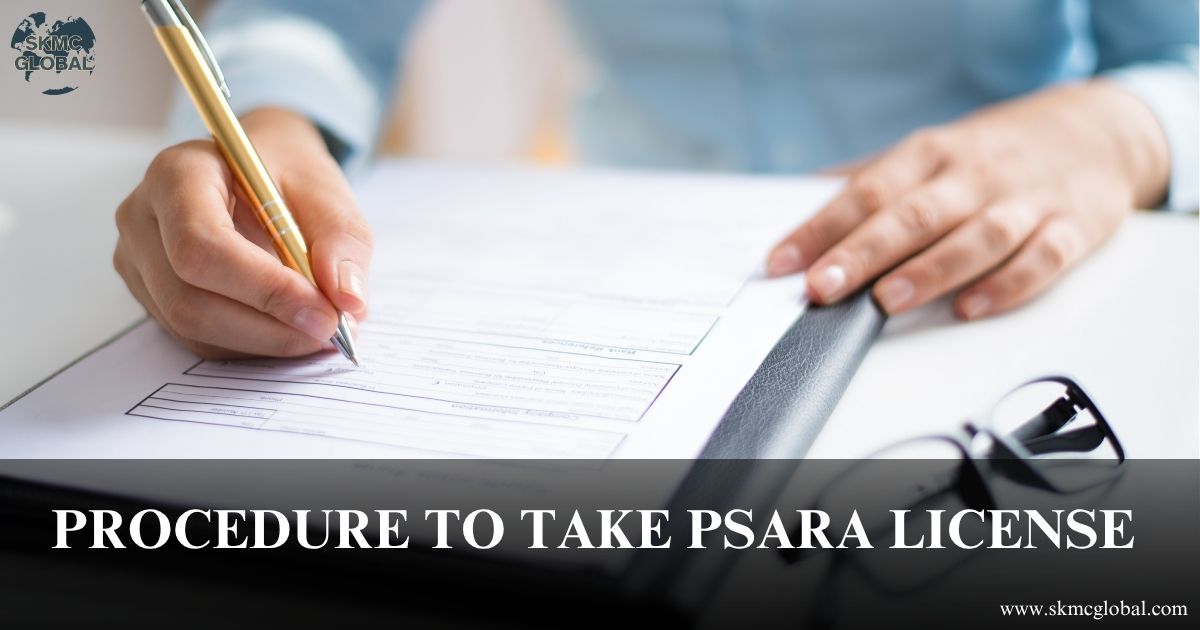 Procedure to take PSARA License...
Aug 11,2025
Procedure to take PSARA License...
Aug 11,2025
-
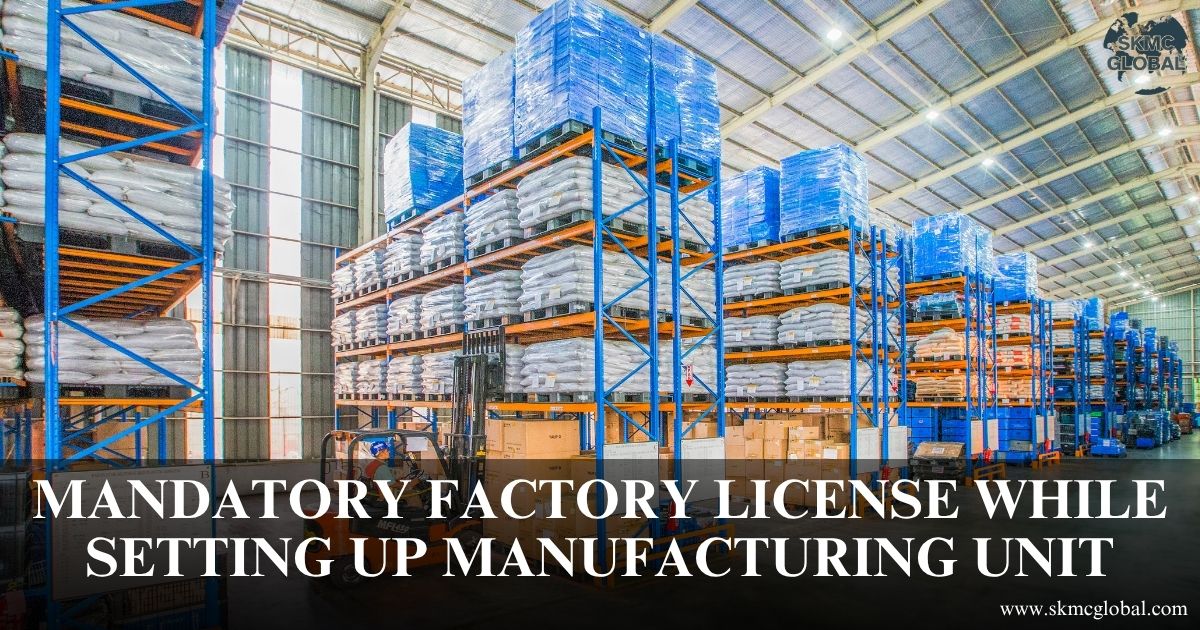 Mandatory factory license while setting up manufac...
Aug 08,2025
Mandatory factory license while setting up manufac...
Aug 08,2025
-
 Procedure for obtaining NBFC Registration in India...
Aug 04,2025
Procedure for obtaining NBFC Registration in India...
Aug 04,2025
-
 FSSAI License registration for Food Business...
Jul 14,2025
FSSAI License registration for Food Business...
Jul 14,2025
-
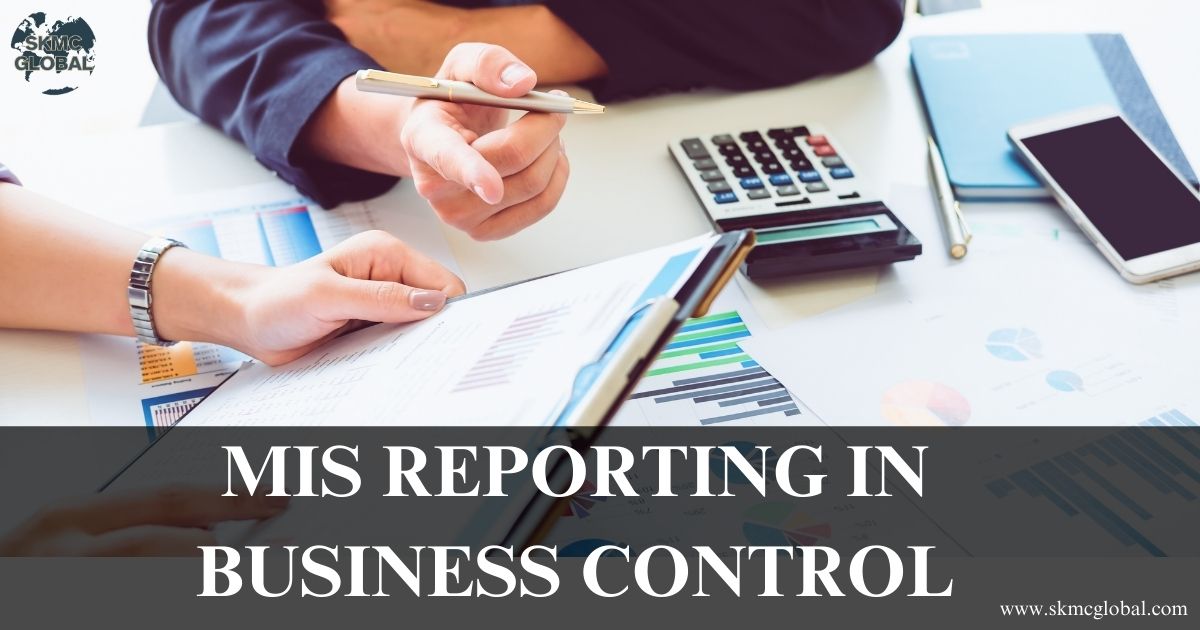 How Management Information System (MIS) reporting ...
Jul 11,2025
How Management Information System (MIS) reporting ...
Jul 11,2025
-
 IFRS 9 impairment- A complete guide...
Jul 12,2025
IFRS 9 impairment- A complete guide...
Jul 12,2025
-
 Why most of the companies are shifting to hr and p...
Jul 10,2025
Why most of the companies are shifting to hr and p...
Jul 10,2025
-
 A complete guide on valuation of shares...
Jul 10,2025
A complete guide on valuation of shares...
Jul 10,2025
-
 BIS registration for foreign manufacturer...
Jul 09,2025
BIS registration for foreign manufacturer...
Jul 09,2025
-
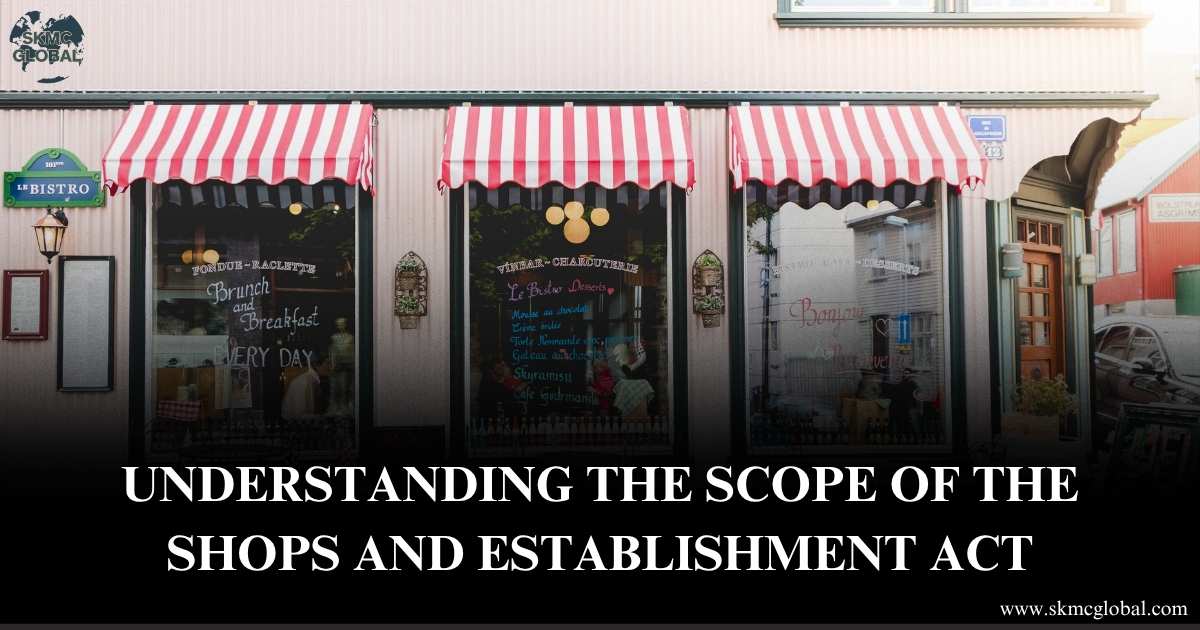 Understanding the Scope of the Shops and Establish...
Jul 08,2025
Understanding the Scope of the Shops and Establish...
Jul 08,2025
-
 Coso framework: Complete guide on internal control...
Jun 26,2025
Coso framework: Complete guide on internal control...
Jun 26,2025
-
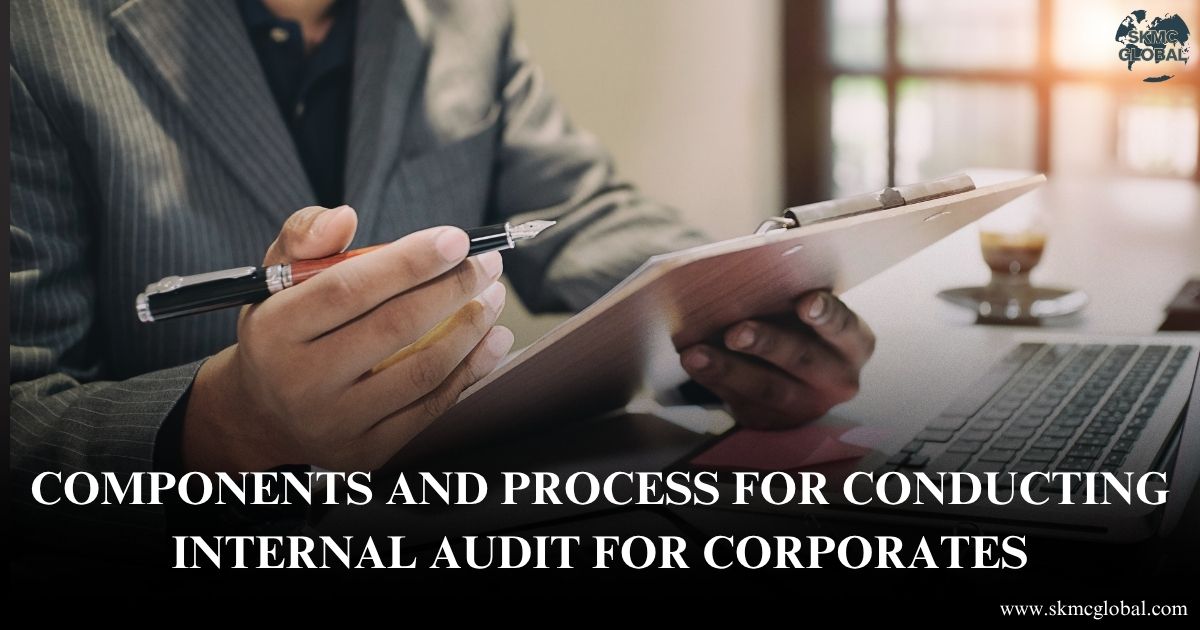 Components and Process for Conducting Internal Aud...
Jun 25,2025
Components and Process for Conducting Internal Aud...
Jun 25,2025
-
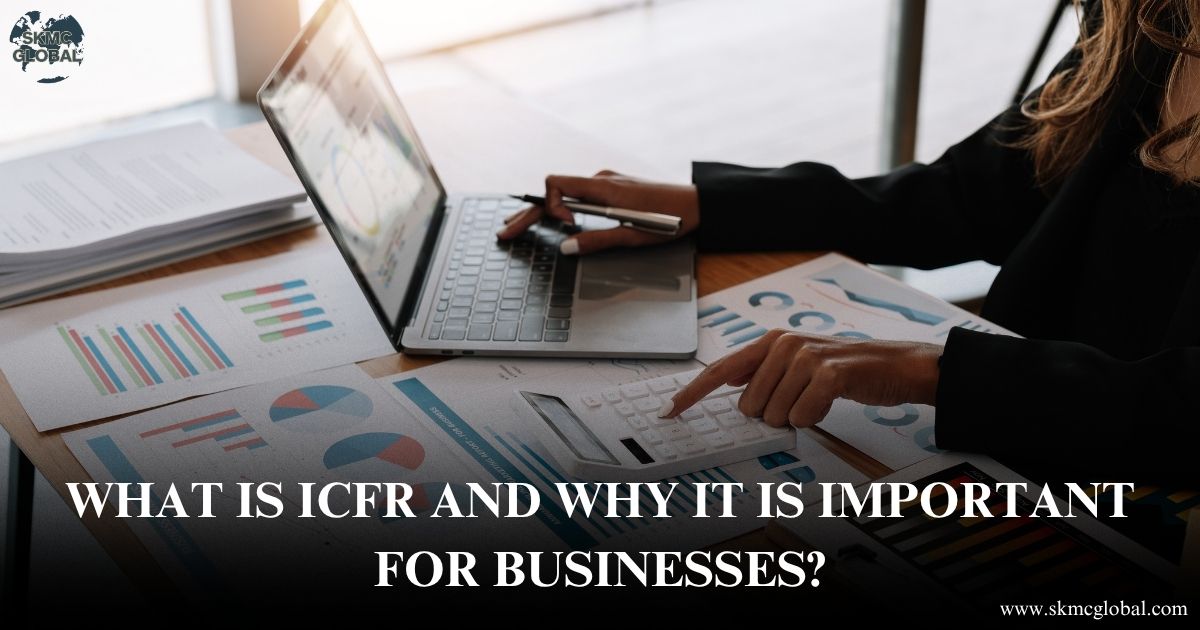 What is ICFR and Why It is Important for Businesse...
Jun 24,2025
What is ICFR and Why It is Important for Businesse...
Jun 24,2025
-
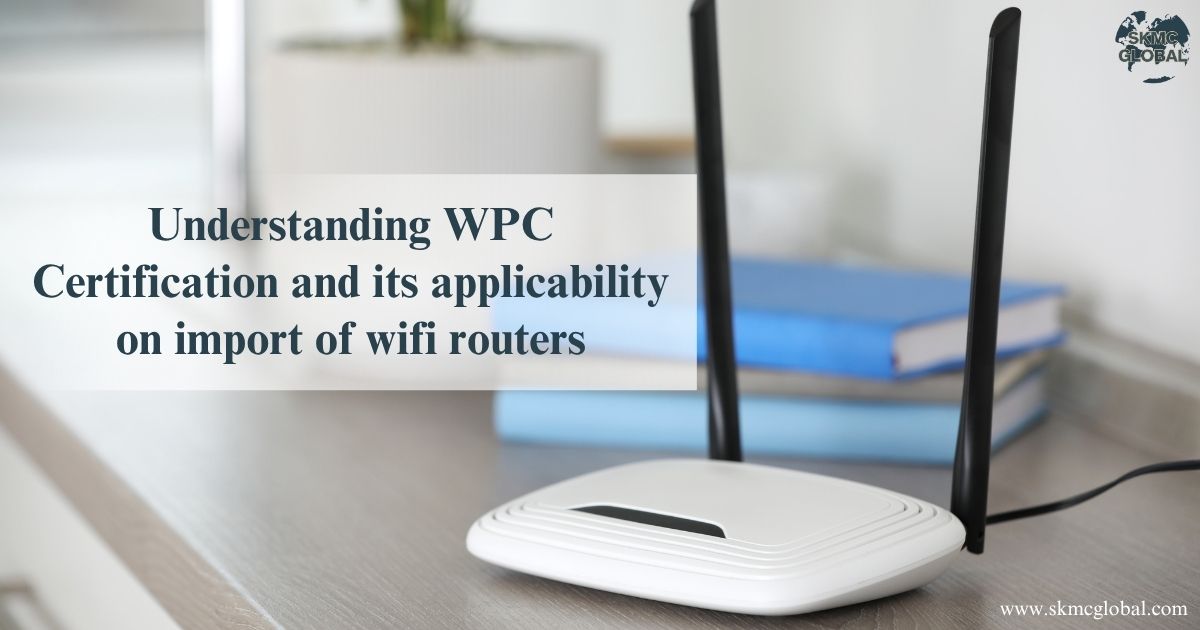 Understanding WPC Certification and its applicabil...
Jun 23,2025
Understanding WPC Certification and its applicabil...
Jun 23,2025
-
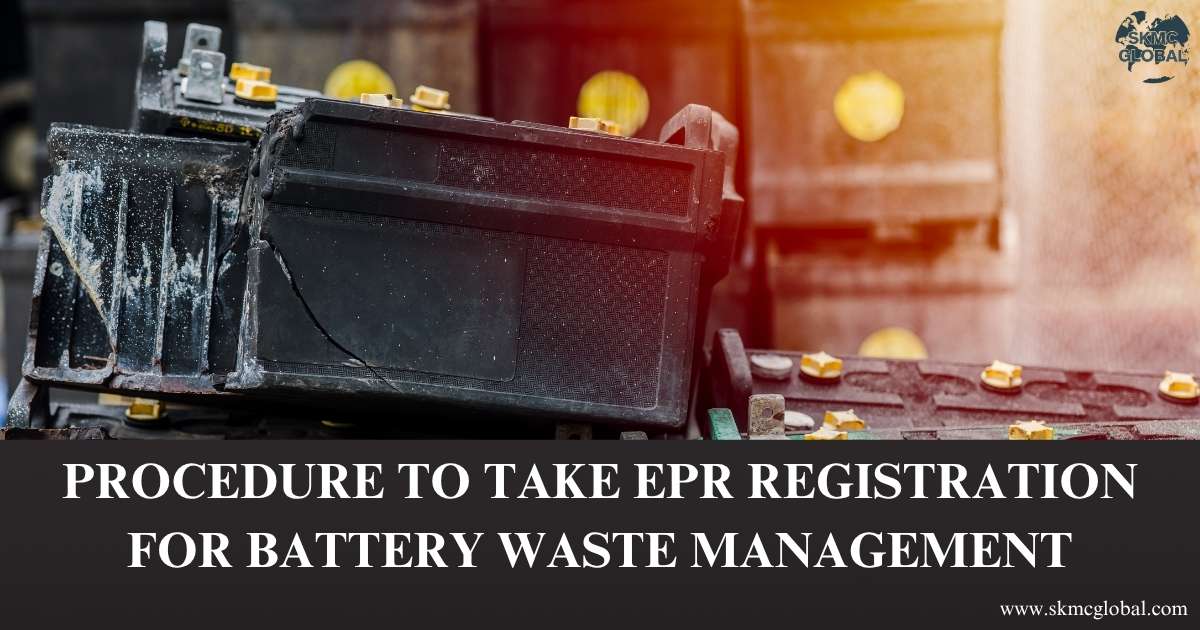 Procedure to take EPR registration for battery was...
Jun 21,2025
Procedure to take EPR registration for battery was...
Jun 21,2025
-
 3PL Logistics...
Jun 19,2025
3PL Logistics...
Jun 19,2025
-
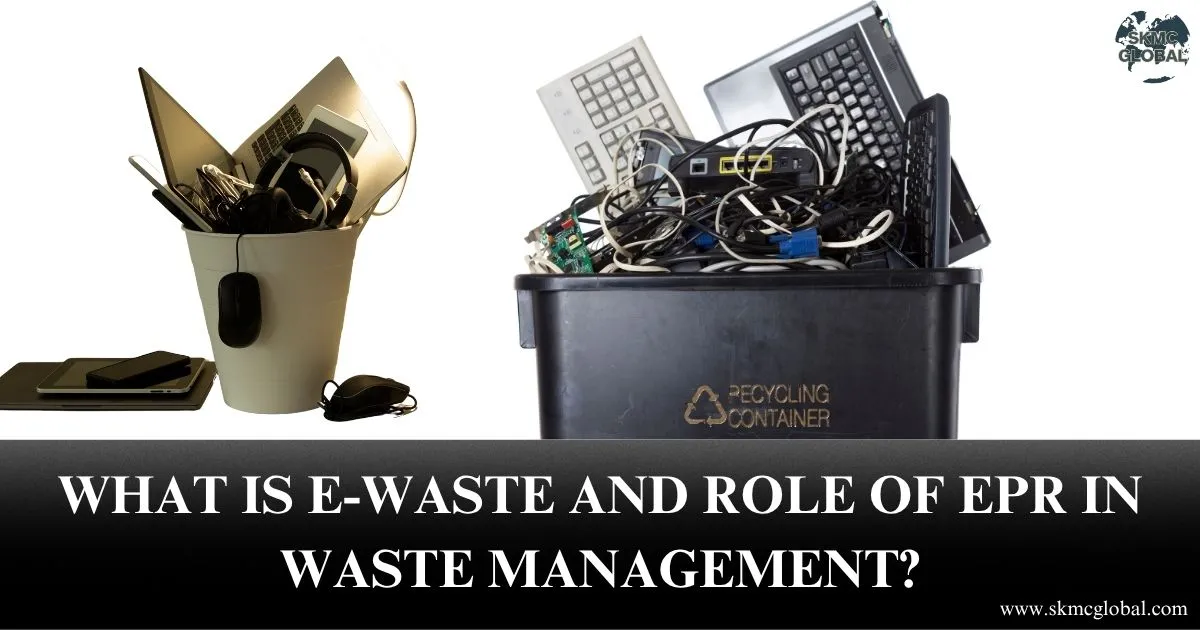 What is E-Waste and role of EPR in Waste Managemen...
Jun 17,2025
What is E-Waste and role of EPR in Waste Managemen...
Jun 17,2025
-
 M&A Due Diligence in India: How to Spot Target Com...
Jun 16,2025
M&A Due Diligence in India: How to Spot Target Com...
Jun 16,2025
-
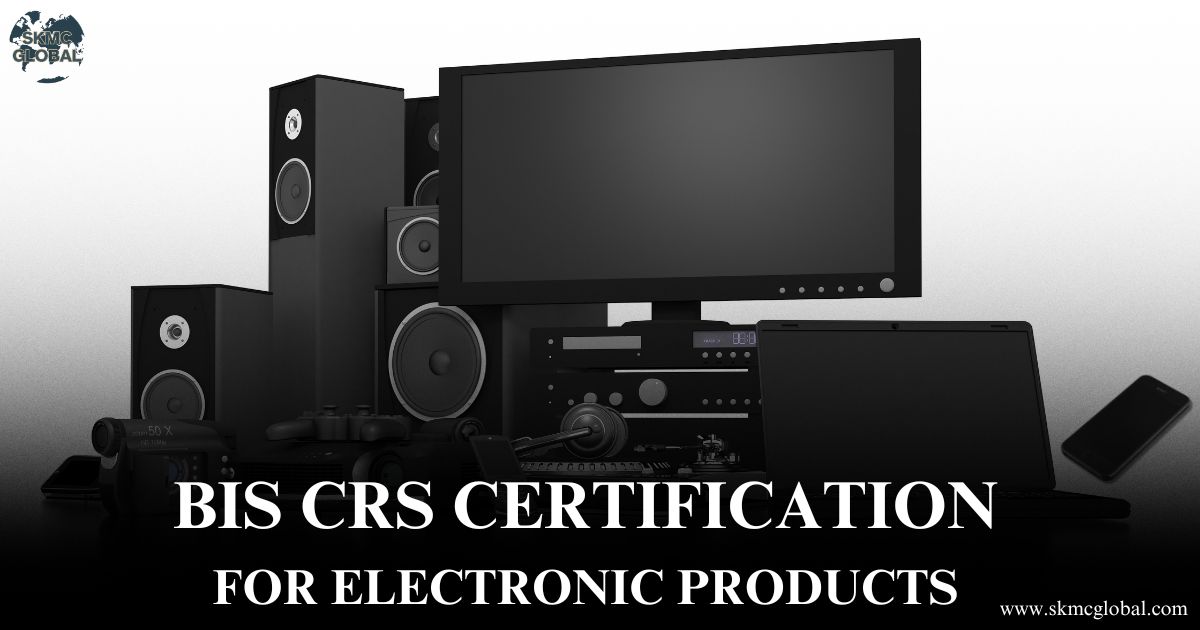 BIS crs certification for electronic products...
Jun 12,2025
BIS crs certification for electronic products...
Jun 12,2025
-
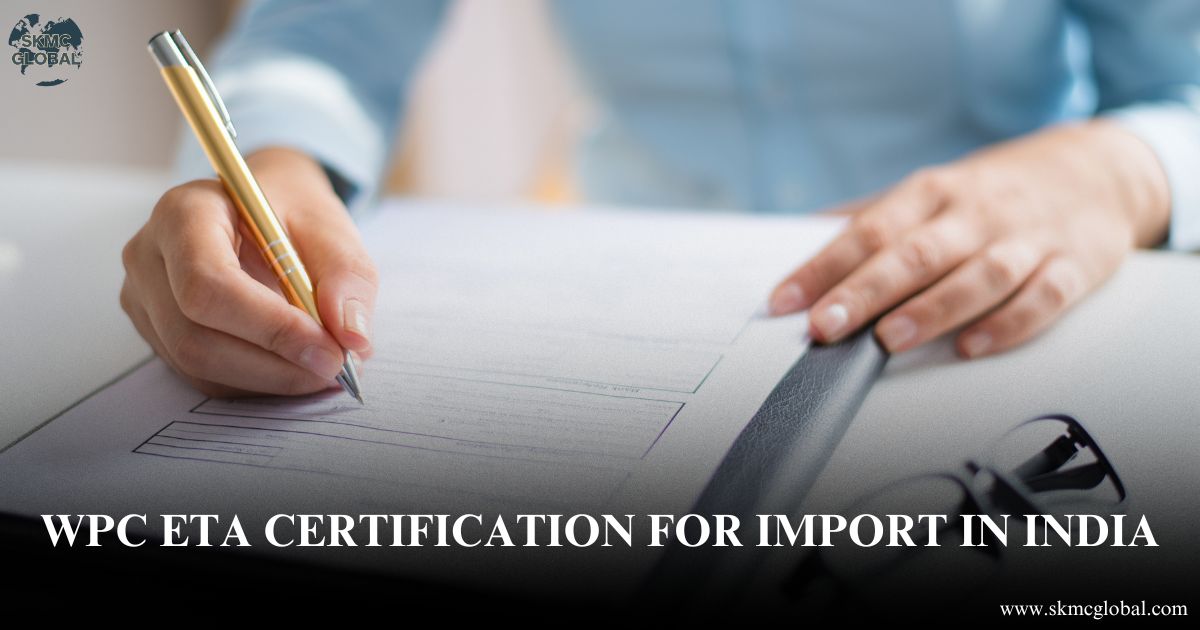 All you need to know about WPC ETA certification f...
Jun 11,2025
All you need to know about WPC ETA certification f...
Jun 11,2025
-
 What is CDSCO Registration under The Drugs & Cosme...
Jun 10,2025
What is CDSCO Registration under The Drugs & Cosme...
Jun 10,2025
-
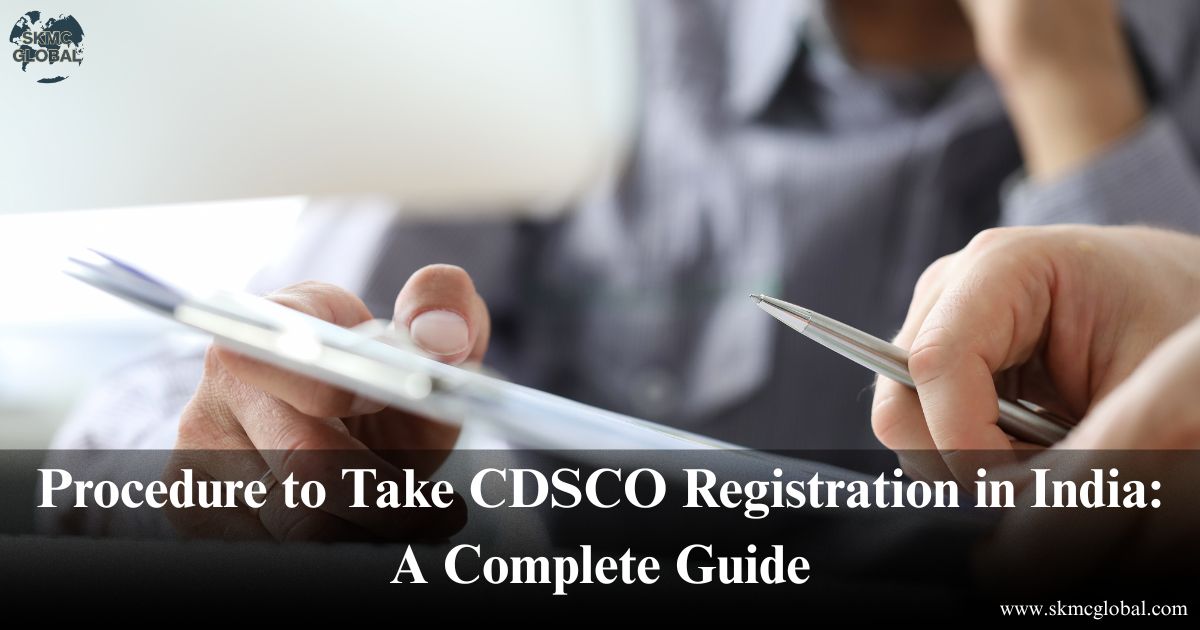 Procedure to Take CDSCO Registration in India: A C...
Jun 09,2025
Procedure to Take CDSCO Registration in India: A C...
Jun 09,2025
-
 All You Need to Know About AERB Registration...
Jun 07,2025
All You Need to Know About AERB Registration...
Jun 07,2025
-
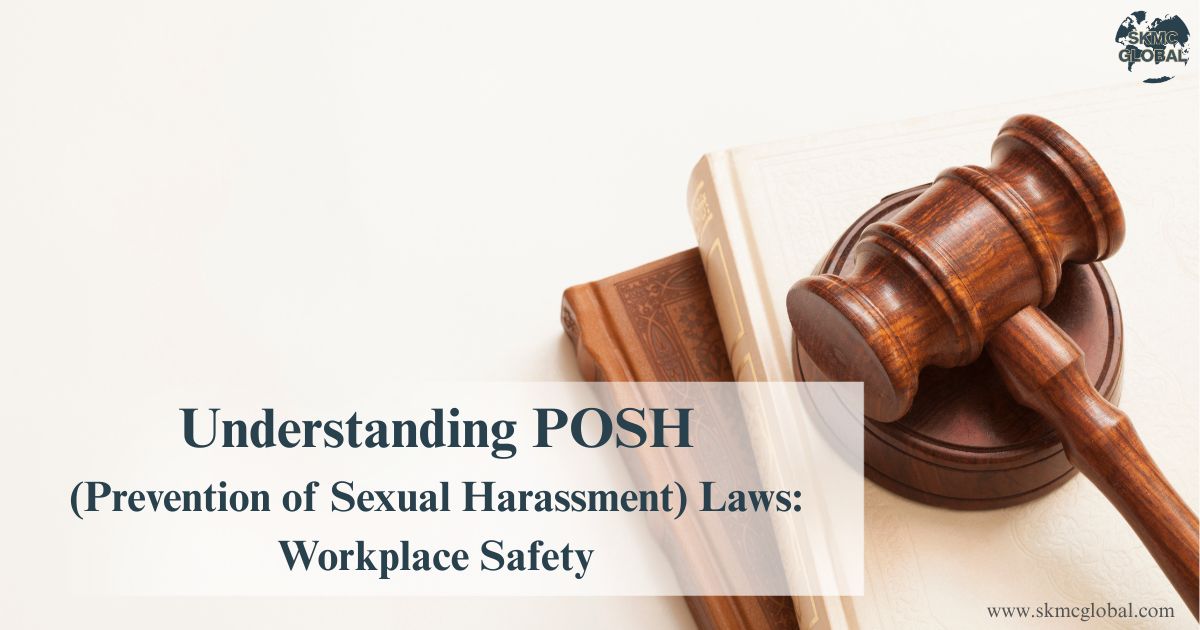 Understanding POSH (Prevention of Sexual Harassmen...
Jun 03,2025
Understanding POSH (Prevention of Sexual Harassmen...
Jun 03,2025
-
 Chartered Accountant's role in financial managemen...
May 23,2025
Chartered Accountant's role in financial managemen...
May 23,2025
-
 5 Things to keep in your mind while running payrol...
May 17,2025
5 Things to keep in your mind while running payrol...
May 17,2025
-
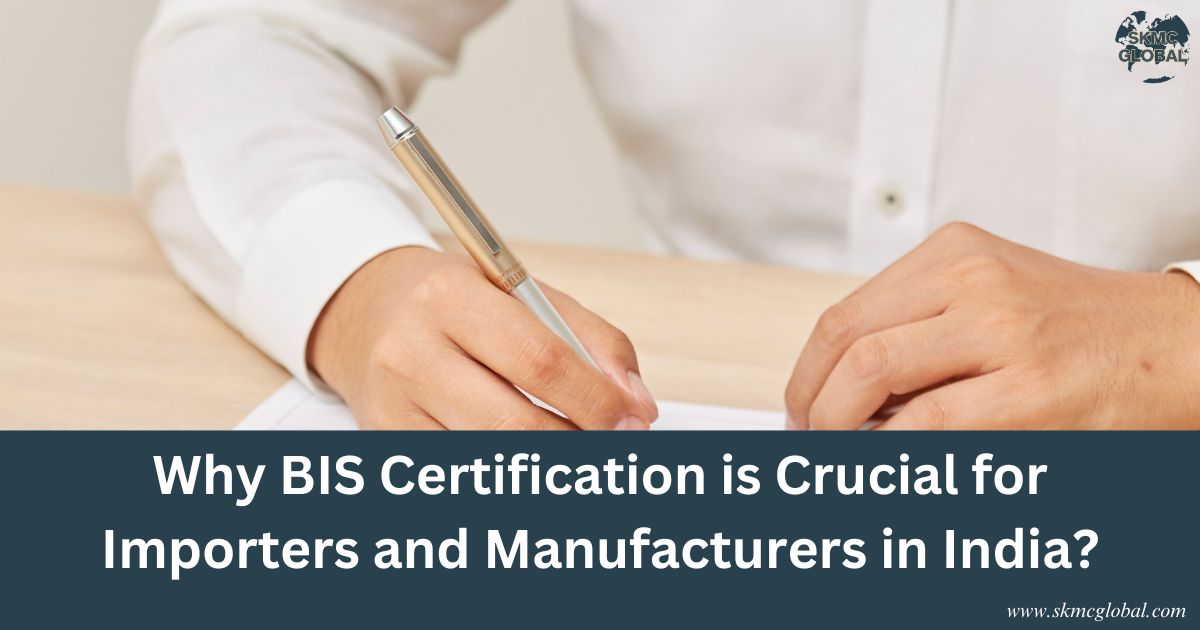 Why BIS Certification is Crucial for Importers and...
May 15,2025
Why BIS Certification is Crucial for Importers and...
May 15,2025
-
 Top 7 Reasons Indian Entrepreneurs Are Switching t...
May 07,2025
Top 7 Reasons Indian Entrepreneurs Are Switching t...
May 07,2025
-
 Incorporation of Company in Japan...
Apr 24,2025
Incorporation of Company in Japan...
Apr 24,2025
-
 How to set up a Representative Office in Singapore...
Apr 14,2025
How to set up a Representative Office in Singapore...
Apr 14,2025
-
 BIS certificate for medical equipments...
Apr 09,2025
BIS certificate for medical equipments...
Apr 09,2025
-
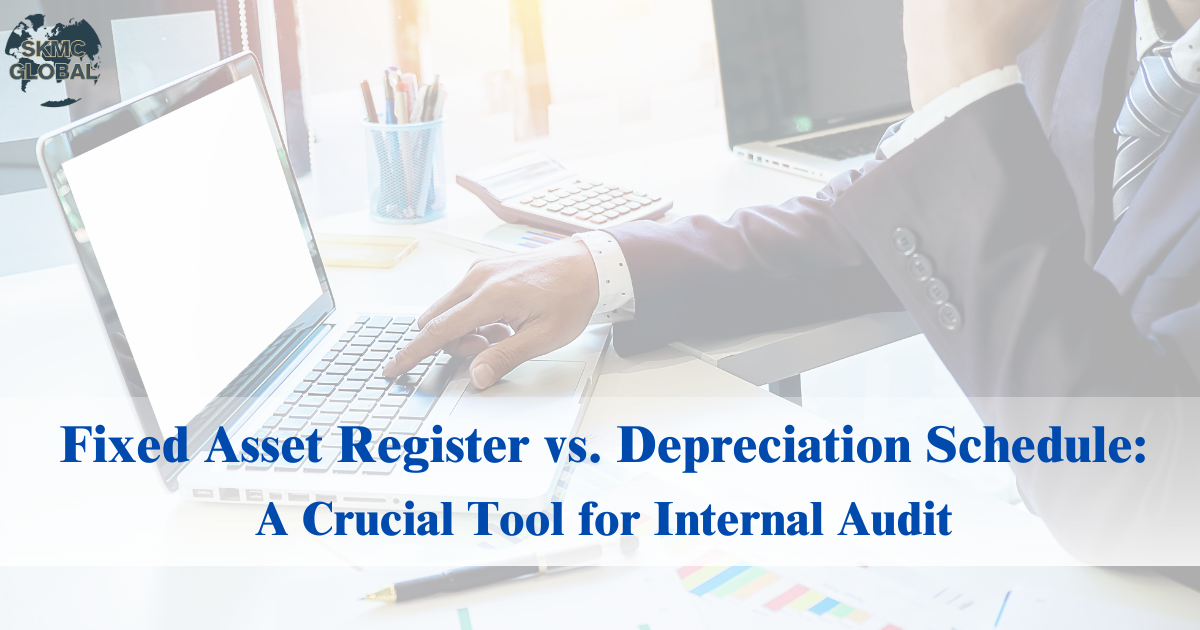 Fixed Asset Register v/s Depreciation Schedule: A ...
Apr 02,2025
Fixed Asset Register v/s Depreciation Schedule: A ...
Apr 02,2025
-
 Role of AI in Accounting...
Mar 26,2025
Role of AI in Accounting...
Mar 26,2025
-
 Capital Structure & its Impact on Profitability...
Feb 21,2025
Capital Structure & its Impact on Profitability...
Feb 21,2025
-
 Union Budget 2025...
Feb 01,2025
Union Budget 2025...
Feb 01,2025
-
 What is EPR in Plastic waste Management? ...
Jul 12,2022
What is EPR in Plastic waste Management? ...
Jul 12,2022
-
 Lithium-ion Battery Recycling Plant Setup in India...
May 10,2022
Lithium-ion Battery Recycling Plant Setup in India...
May 10,2022
-
 Setting up E-waste Recycling Plant Setup...
Jan 12,2022
Setting up E-waste Recycling Plant Setup...
Jan 12,2022
-
 Applicability of Labour Laws in India...
Jul 15,2021
Applicability of Labour Laws in India...
Jul 15,2021
-
 Basis to Outsource Finance and Accounting Services...
Oct 31,2021
Basis to Outsource Finance and Accounting Services...
Oct 31,2021
